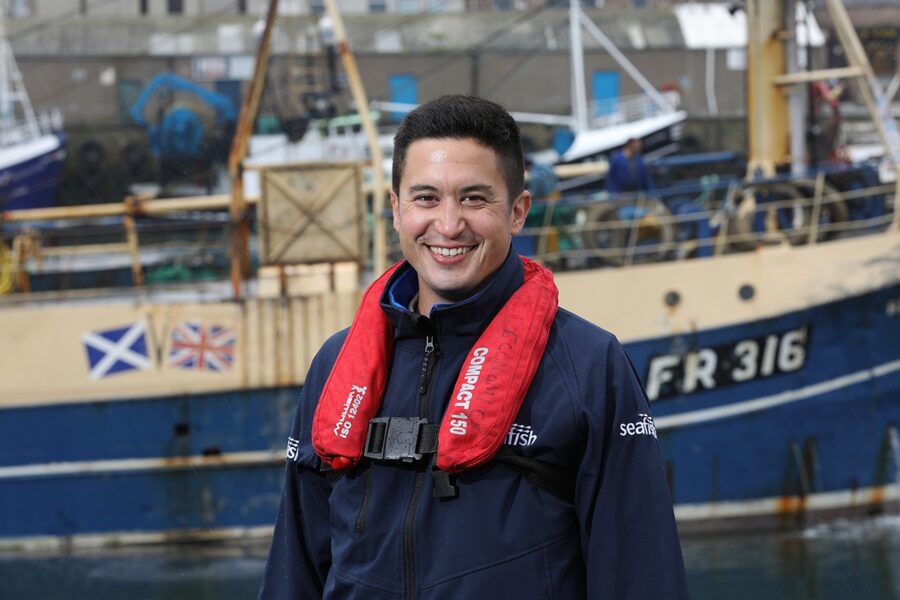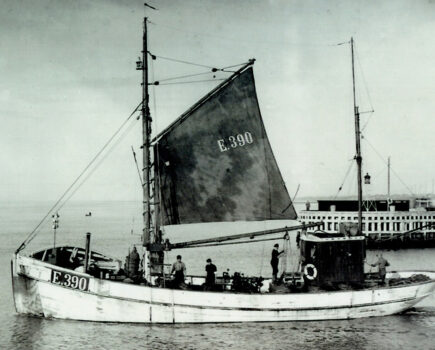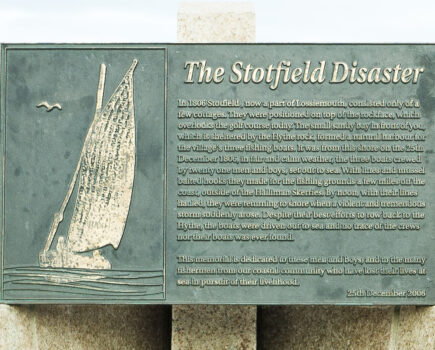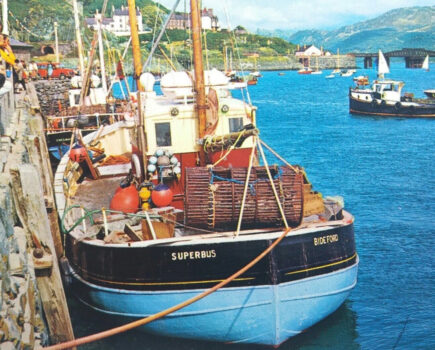Things have changed over the past couple of years, but it’s good to be out and about again, writes Seafish fleet researcher Juan Carlos Paredes Esclapez…
Until recently, my fellow fleet researchers Joe and Oscar and I hadn’t set foot on a quayside since 2019. That was during our first year working on what unfortunately turned out to be the last pre-Covid version of our fleet survey.
Last year, the global pandemic meant our survey work had to be done by post and online. We’re delighted that we can finally hit the quaysides of the UK again, even with Covid-safe working and some local variations.
Some things have changed since last time. The hand sanitiser is applied regularly, the face mask has never been far away, and we can no longer shake hands with the fishermen we meet (although, as some of the firm but friendly handshakes we receive can break bones, I’m not sure if that might not be a win after all). We’re certainly missing being able to jump onto vessels and see the wheelhouse. That’s definitely the best part of being a fleet researcher.
However different things might be, there are some things that never change – like the resilience that fishermen have to have to cope with up and downs, with the good years and the bad. Here are just a few examples from people I’ve spoken to recently, or kept in touch with from previous year’s surveys, which show the ability that fishermen have to overcome the many challenges that come with the profession.
Martin, a deckie on a trawler, has been investing to build a sustainable future for himself, his wife, and the wee lads at home. In his free time, he has set up his own company and has bought a small potter and a van with two compartments. This means he can store gear, but also keep his catch chilled for home deliveries – which for so many fishing businesses proved to be a lifeline during the worst weeks of the pandemic in 2020.
Garry is aiming to diversify and trying to acquire a second small vessel so he can fish for different species when very limited quota is available. With his benchmark report (which we offer to vessel owners who take part in the fleet survey), he’ll be able to compare the average performance of these vessels over the years. This extra set of figures will also be helpful to take to the bank when he starts negotiating for a loan.
Other fishermen have mentioned that the challenges of finding crew have heightened lately, with some even struggling to crew up where only two crew are needed. This challenge has caused some skippers to come back to the deck – but they keep on going.
If I’ve learnt anything from fishermen, and I certainly have,
it has been to smile through the storms – and the face masks – and to be prepared to adapt, even if that means embracing changes you didn’t think you’d be making.
For that reason, while we’re pleased to be back meeting owners and skippers face to face on the quayside, we’re also keeping the option of taking part in the survey from home, by phone or video call (why shouldn’t fishermen also be able to work from home and away from the weather?). Whichever way you’d like to talk to us, please do. We are here to listen and learn.
Carlos is a fleet researcher with Seafish, working on the 2021 fleet survey, which is taking place now. If you are happy to take part, please email: fleet.survey@seafish. co.uk with your name, email and/ or phone number and port of operation.
Find out more here.
This story was taken from the latest issue of Fishing News. For more up-to-date and in-depth reports on the UK and Irish commercial fishing sector, subscribe to Fishing News here or buy the latest single issue for just £3.30 here.








